|
LISTEN TO THIS THE AFRICANA VOICE ARTICLE NOW
Getting your Trinity Audio player ready...
|
What began as a student stage production in a rural high school in Western Kenya spiraled into a national storm, complete with riot police, tear gas, and heated political rhetoric.
At the center of the chaos was Echoes of War, a theatrical piece created for Kenya’s national high school drama festival by students from Butere Girls’ High School. But this was no ordinary school play. Written by Cleophas Malala, a former senator turned playwright, it explored themes of youthful rebellion against authoritarian rule, fiction that felt uncomfortably familiar to many.
Set in a mythical kingdom, the play depicted a ruler whose oppressive regime sparked a youth uprising. But outside the script, the real rebellion unfolded offstage.
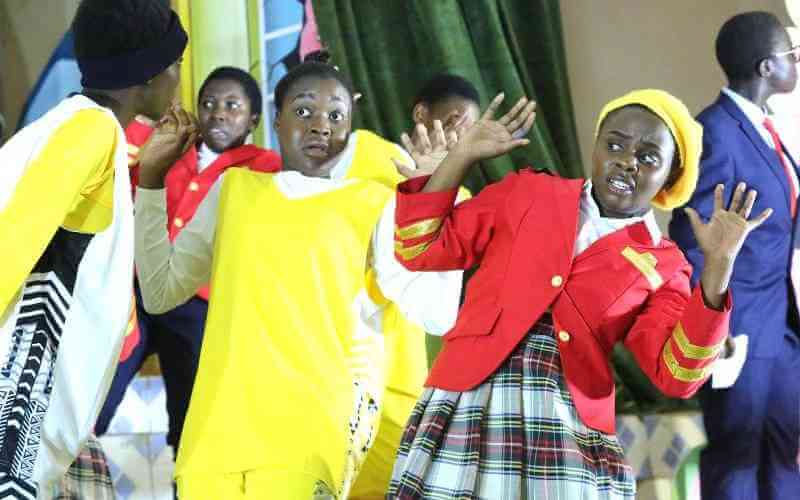
On Thursday morning, April 10, the town of Nakuru, usually associated with flower farms and lakeside tourism, turned into an unlikely stage for political theatre. Hundreds gathered outside the drama festival venue, drawn by whispers of a banned play, a detained writer, and a defiant student cast. But before the performance could begin, anti-riot police moved in and fired tear gas to disperse the crowd.
By then, the students had already walked out.
“We were supposed to perform,” one student said, “but our writer was arrested. And there was no audience. Just police.”
They sang the national anthem and left the hall.
Cleophas Malala, the scriptwriter, is no stranger to controversy. A decade ago, his explosive play Shackles of Doom, which dissected Kenya’s politics, was banned by the state. The courts later overturned the decision, and the play cemented Malala’s place in both the literary and political landscape. His scripts, always political and always provocative, earned him as much admiration as suspicion.
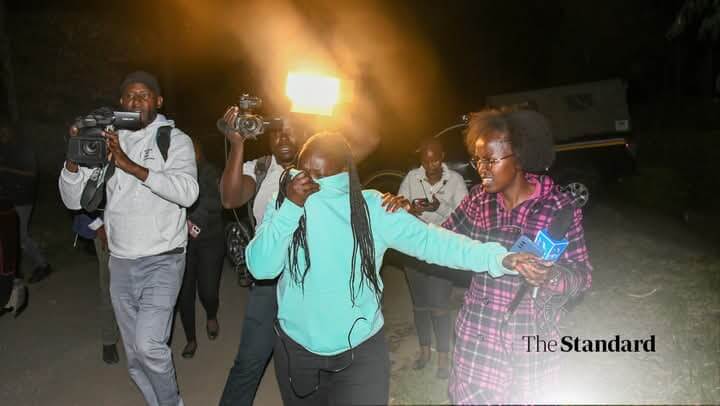
In Echoes of War, he seemed to be back in familiar territory; tackling governance, youth disillusionment, and the growing gap between authority and the people. His critics, including government officials, saw it differently.
“We won’t allow opposition politics to be used on our children. As the security sector, we protect our children and they have a right and freedom of expression,” said Kipchumba Murkomen, the Minister for Security in a press conference in Lamu. “They also have a right to question the wrong things in the society, and to even disagree with the government of the day. But there are boundaries that have been set in the education sector. I wonder why a politician could be the scriptwriter for students’ play.”
Malala was detained the evening before the performance after being barred from attending the students’ final rehearsal. His release came hours later, without charges, after public outcry mounted. But the damage had been done.
“Yesterday when we arrived they denied the girls a chance to rehearse the play. They were locked in one room and ordered not to leave. I was barred from meeting the children,” Malala said after his release later Thursday. Malala said upon his arrest Wednesday night, he was driven in a police vehicle the whole night and taken to Eldama Ravine police station on Thursday morning. No charges were preferred against him. “They then told me that I had been unconditionally released,” he told the press.
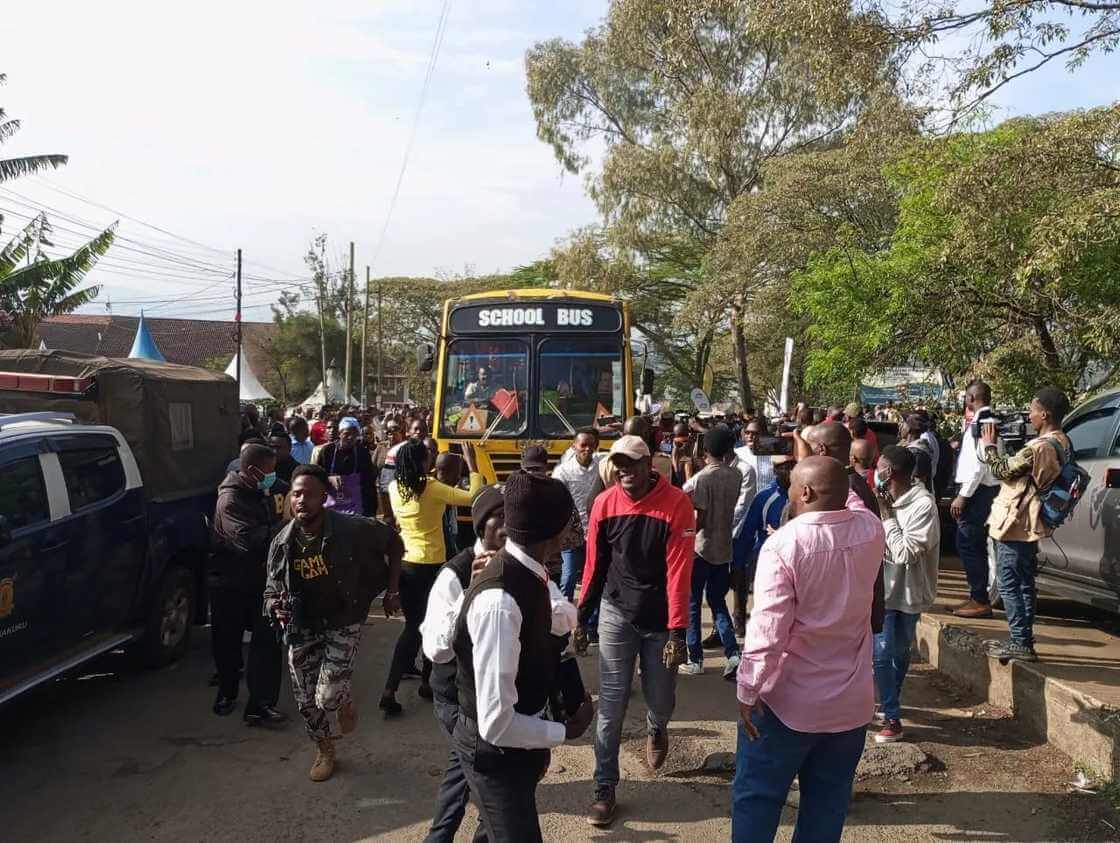
The former Senator blamed President William Ruto for what happened in Nakuru. “We must call him (Ruto) out because this is a guy who is afraid of the truth. “This play was to help you know how to do your work, and to tell you the demands of Kenyans. These children of Butere Girls are saying they want good governance, free of corruption, Mr President,” Malala said.
The play had already faced hurdles. Initially disqualified from the festival under vague circumstances, its exclusion was challenged in court. The High Court ruled in favor of the students and the playwright, allowing them to participate. The ruling, however, appeared to hold little weight in Nakuru.
Chief Justice Martha Koome didn’t mince her words. “It is a foundational principle of our constitutional democracy that all persons and institutions, including state organs are bound and must obey court orders. Defiance of court orders poses a serious threat to the rule of law,” CJ Koome said.
“Even more troubling are reports of the use of force and violence against school-going children in the course of these events… I therefore condemn today’s events as they deviate from the path of rule of law and constitutional duty to protect the rights of all- especially our children- in every sphere of public and private life,” she stated further.
Though set in a fictional land, the play’s themes, a ruling class that fears its youth, a police force quick to violence, and a kingdom built on fear, have been interpreted as veiled commentary on Kenya’s own state of affairs.
Last year, a wave of youth-led protests rocked Kenya after a series of controversial tax hikes. Social media became a battleground, and the streets of Nairobi, Kisumu, and Mombasa saw running battles between young demonstrators and riot police.
Kenya’s high school drama festivals have long been a mirror to society; sometimes flattering, sometimes critical. They are not just about costumes and stages, but about using art as a form of civic engagement.
From plays addressing FGM and corruption to performances highlighting mental health and tribalism, these festivals have always walked the line between art and activism. But when the message touches on power and governance, that line gets dangerously thin.
This year’s festival, instead of celebrating talent, became a cautionary tale about censorship, politics, and the cost of speaking out.
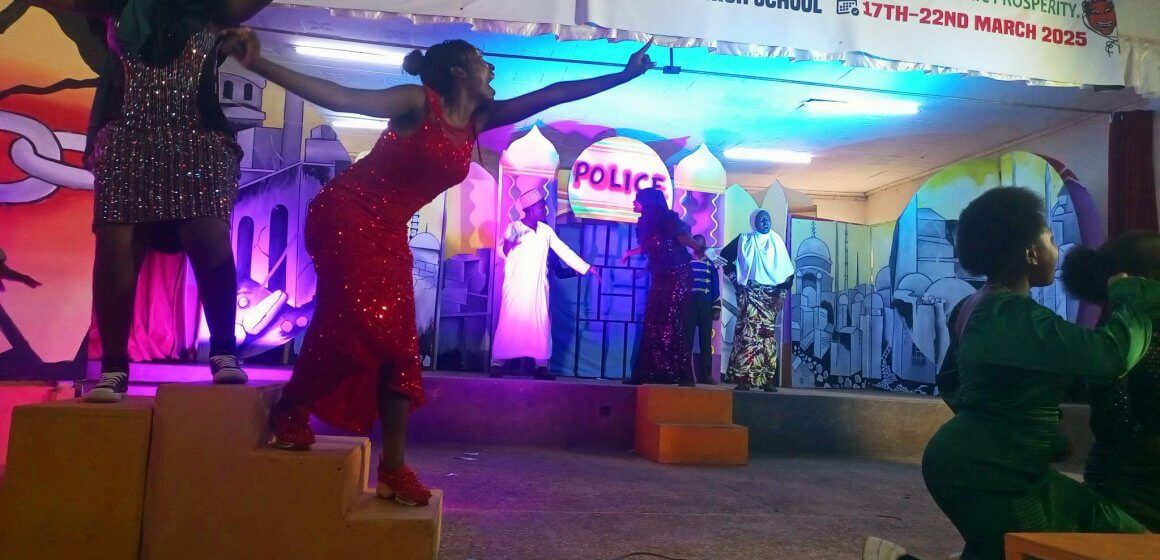
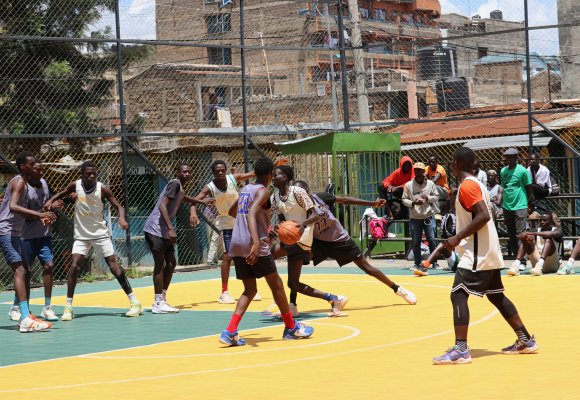



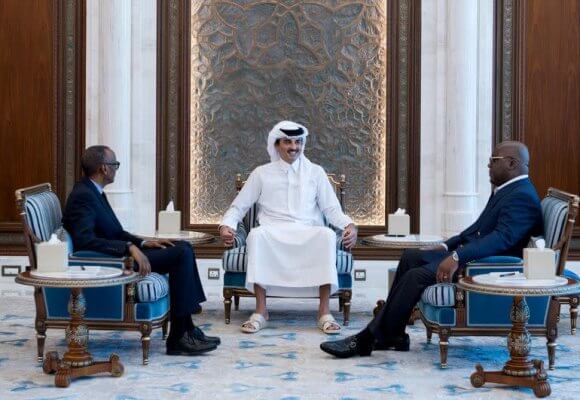
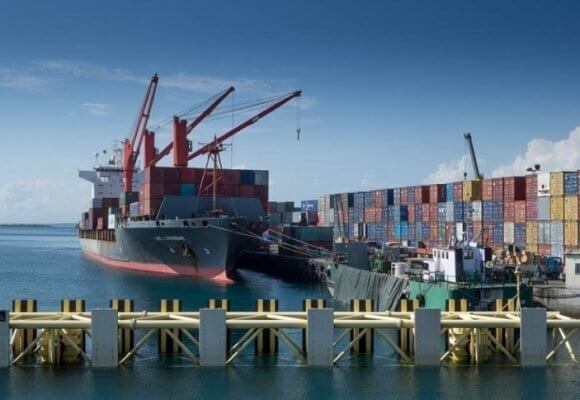
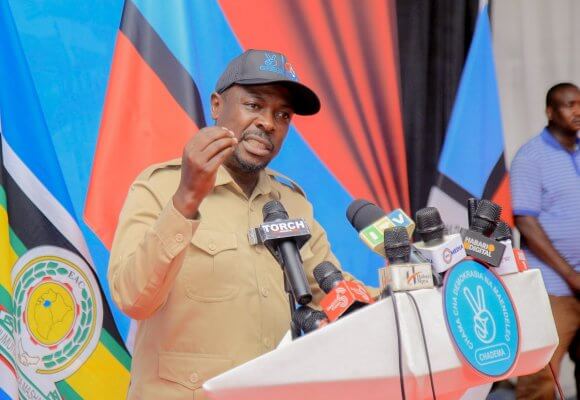
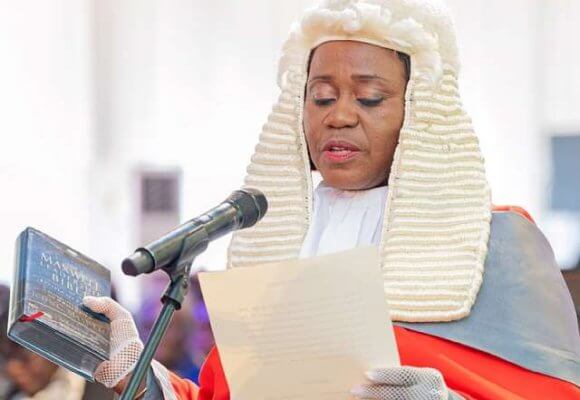
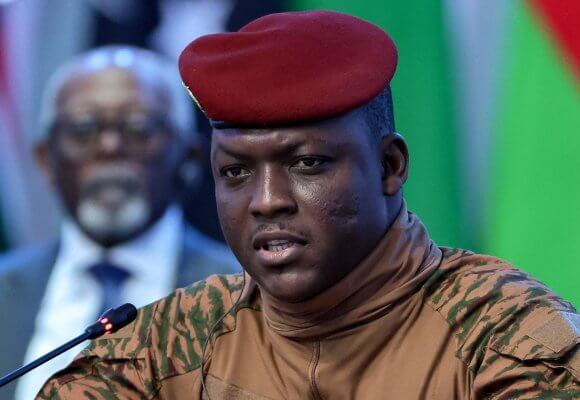

LEAVE A COMMENT
You must be logged in to post a comment.